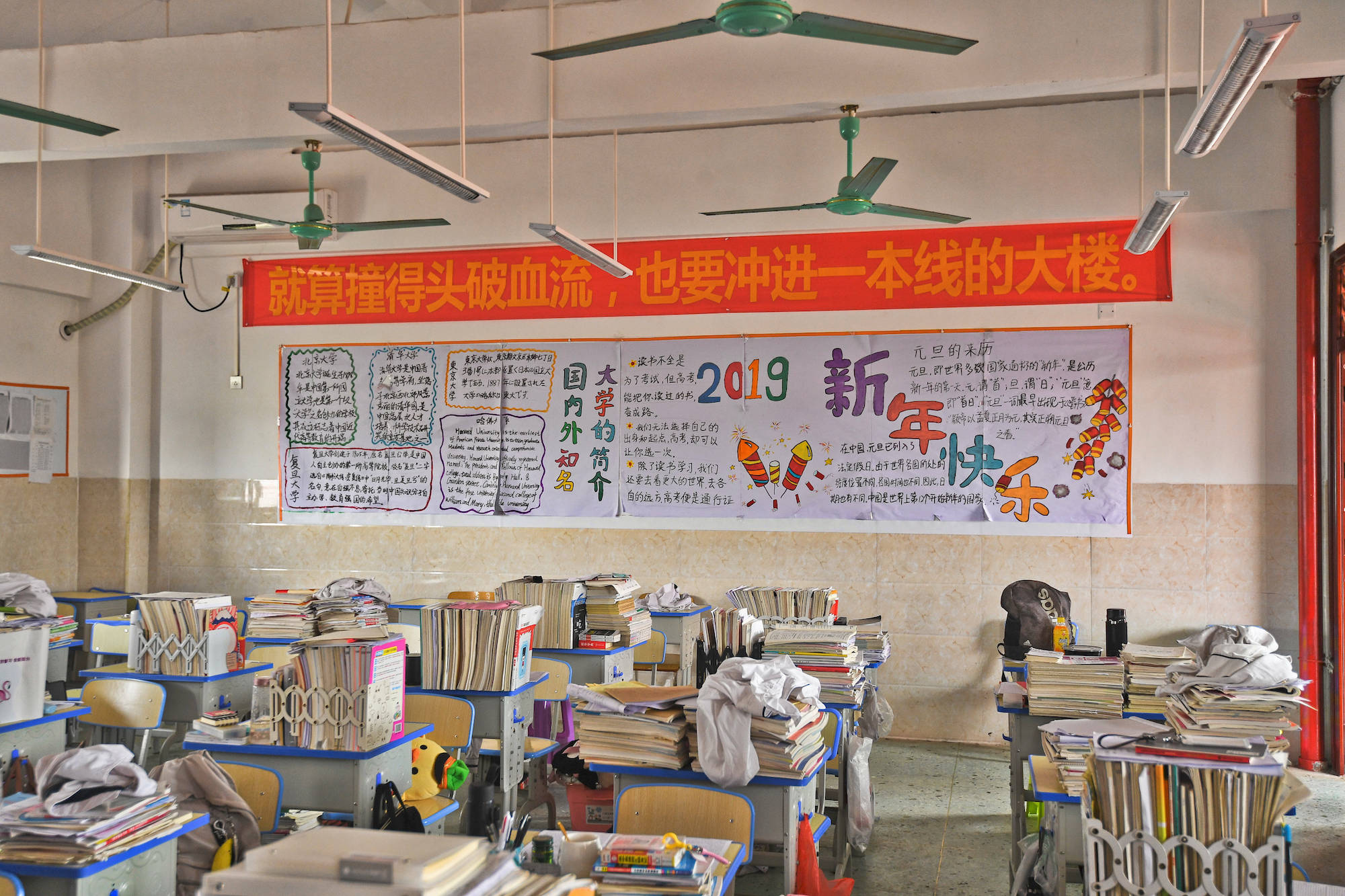China’s government has given location-tracking watches to 17,000 children

The smart watches use chips developed and designed by BeiDou, a Chinese satellite navigation system, to pinpoint a child’s position within 10 meters.
The news: Seventeen thousand students at 60 elementary schools in Guangzhou received fancy new gadgets for their wrists last week, according to the Guangzhou Daily (link in Chinese). Called “Safe Campus Smartwatches,” the wearables send the children’s locations in real time to their respective parents’ smartphones, and allow them to make a call in the case of an emergency.
The local government says it is part of an initiative to help parents keep their kids safe. Participation is voluntary, and so far 8,000 students have registered their watches and brought them online. The project soon plans to issue more than 30,000 in total, as well as a similar “safety bracelet” for the elderly.
The tech: The watches are equipped with a positioning chip, developed by BeiDou Navigation Satellite System, China’s GPS equivalent. It also includes an indoor positioning system module and is compatible with GPS. The company says it can pinpoint a wearer’s position within 10 meters.
Ulterior motive? This is likely just the beginning. The project is one of the first large-scale demonstrations of BeiDou’s tracking capabilities, and Guangzhou Daily’s report heavily emphasized the chip’s domestic development and production. It seems the company could have ambitions to offer its location-tracking services more widely in the future.
This comes amid China’s rapidly growing efforts to ramp up surveillance capabilities with face recognition, mobile data collection, and other technologies. Satellite-enabled tracking would add yet another, even more precise, layer of scrutiny.
Deep Dive
Policy
How the federal government is tracking changes in the supply of street drugs
The National Institute of Standards and Technology’s new harm reduction initiative is helping prevent needless deaths.
Senior State Department official sought internal communications with journalists, European officials, and Trump critics
Trump appointee Darren Beattie requested records regarding a large list of high-profile names, organizations, and right-wing buzzwords for a “Twitter files”-style document dump about alleged conservative censorship.
US office that counters foreign disinformation is being eliminated
Conservative critics have long accused the State Department’s Counter Foreign Information Manipulation and Interference Hub of helping to censor the American right.
What is Signal? The messaging app, explained.
With news this week of the messaging app being used to discuss war plans, we get you up to speed on what Signal should be used for—and what it shouldn’t.
Stay connected
Get the latest updates from
MIT Technology Review
Discover special offers, top stories, upcoming events, and more.